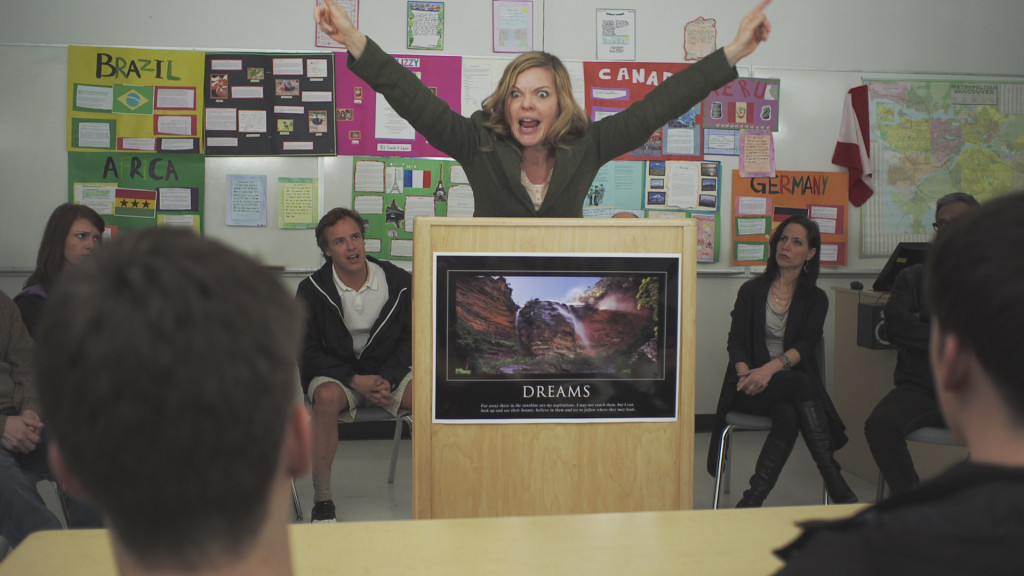
Panel administered by Urban Challenges Form
By Katie Czenczek, Staff Writer
It appears that Douglas College is taking the Truth and Reconciliation Commission’s message home as the school continues to line up events relating to the subject matter.
Following the Walk for Reconciliation earlier this fall, the DSU hosted a variety of events that students could attend in order to learn more about what truth and reconciliation means and how it can be achieved. These events are to be followed up by the newest Urban Challenges Forum, which is coming to Douglas College on November 15, 2017.
The Urban Challenges Forum is a partnership between Douglas College, Simon Fraser University, and the City of New Westminster, where students are invited to attend panel discussions about hot-button issues such as the fentanyl crisis, housing in the Lower Mainland, and now, truth and reconciliation. Starting at 6:30 p.m. in room 2201, there will be a panel of three speakers and one SFU moderator who will kick off the discussion. At the end of their speeches, there will be time for questions and an open discussion about how and what can make truth and reconciliation work in an urban setting.
According to the Truth and Reconciliation Commission’s website, “[The Truth and Reconciliation Commission] was established on June 1, 2008, with a mandate of five years.” In this mandate, the government is required to help investigate the conditions of residential schools and educate the public on their findings.
Gail Edwards, a history professor at Douglas College who will sit on the truth and reconciliation discussion panel, explained what exactly she will be discussing at the forum in an interview with the Other Press.
“My part is going to be talking about the backstory—what are some of the issues that frame contemporary indigenous issues. Thinking about treaties, colonialism, land and dispossession, with a particular focus on New Westminster.”
Edwards also said that she hopes students will take away from the forum a broader understanding of indigenous issues in New Westminster, and will in turn get involved in changing the way issues specific to indigenous peoples are dealt with in Canada.
“One of the things students will take away from [the forum] are the calls to action for the Truth and Reconciliation Commission at the individual level. Though we will also be discussing how communities and organizations can do the work of the Truth and Reconciliation Commission, we will focus on individuals and how they can get involved as well. Students will hopefully walk away with questions they want to ask themselves to follow up and frame indigenous issues in different ways.”
In another note, Edwards also explained how Rob McCullough, manager of museums and heritage for the City of New Westminster, will be involved in the event.
“Rob will talk about some of the things that New Westminster is doing at the moment in order to follow through with the commission.”
The Other Press reported in October that McCullough is currently leading a City of New Westminster taskforce that is examining how the City can implement the Truth and Reconciliation Commission’s calls to action.


